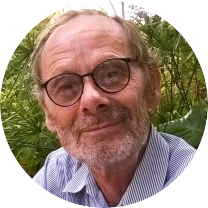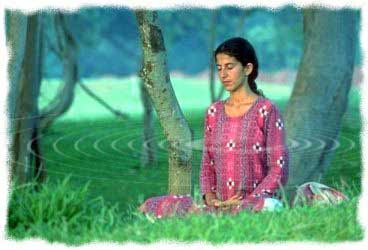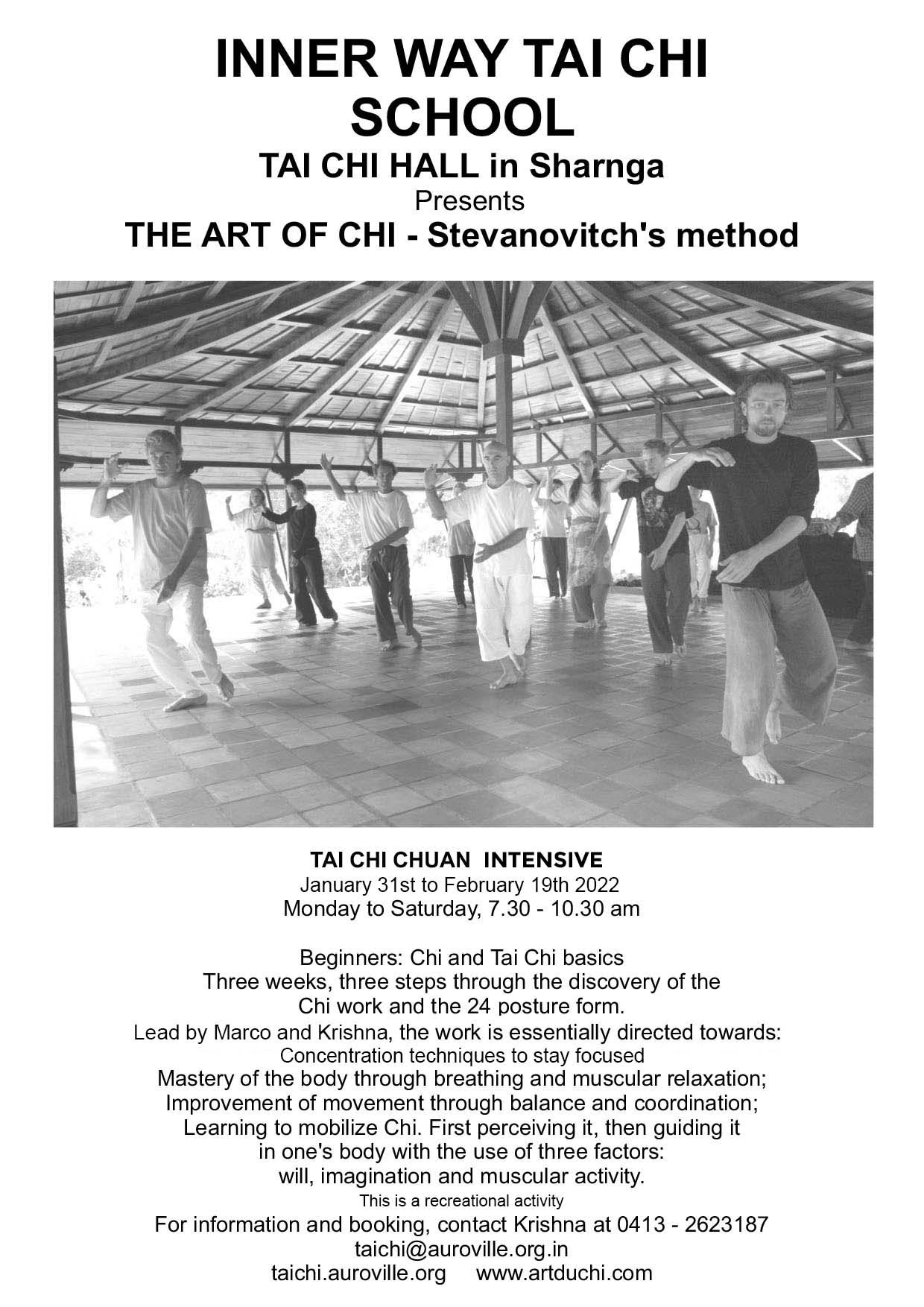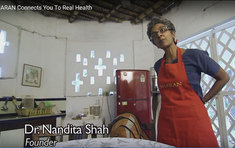Last updated:
Joseph Vrinte

In the mid-seventies he visited Auroville, the city that can only be understood in the context of Sri Aurobindo's and the Mother's integral Yoga.
This first visit stimulated the author to know more about Yoga and he followed in intensive Yoga course at the Kayvalyadhama Institute where he received the necessary theoretical and practical aspects of Yoga. After graduating his B.A philosophy from Lucknow University he obtained his M.A Philosophy/Psychology from the Rohilkhand University. Under the guidance from Prof. J.P Atreya, Ex Dean Faculty of Arts Rohilkhan Univerity the author finished his research-work on a comparative study between A. Maslow and Sri Aurobindo. During his research-work he stayed in Pondicherry where he was closely connected with the Ashram.Afterwards the author moved to Auroville where he actively participated in various activities and where he wrote his other works on Transpersonal Psychotherapy and Integral Sadhana, as well as an investigation in Ken Wilber's and Sri Aurobindo's Integral Psychology and his latest book on Refflections upon psycho-spiritual obstacles on the journey to the Divine. Living in Auroville generated many ideas and experiential processes as discussed in these books.
The published books aim at creating an impetus for a wider and richer understanding of Sri Aurobindo's and the Mother's spiritual views, however, the author does not present the works of Sri Aurobindo and the Mother in a closed version, he studies their texts in a more open way and in the context of the present-day actualities. During his research-work many questions entered the mind of the author, and these questions and critical notes are not only based on an academic, theoretical analysis, but they are as much related to the author's experiences, reflections, observation and perceptions during his practice, using it as a means to organize, understand and comprehend them in the light of Sri Aurobindo's metaphysical vision. Some of these questions are related to the subjective, introspective experiences and are, therefore, open for discussion and debate. The object of this debate in these studies is not merely for the sake of winning a logical, intellectual exploration of arguments in order to successfully explain the author's views, on the contrary, a debate concentrating on the pursuit of truth may become richer if there are more perspectives taken in consideration. The absence of a healthy culture of debate and intellectual apathy do not contribute anything in the search for the validity of Sri Aurobindo's and the Mother's spiritual views. Does Sri Aurobindo's vision provides room for a dialogue around critical issues, and is a sophisticated debate useful for his followers during the practical day to day affairs in a rapidly changing world?


.jpg?1413364061)




